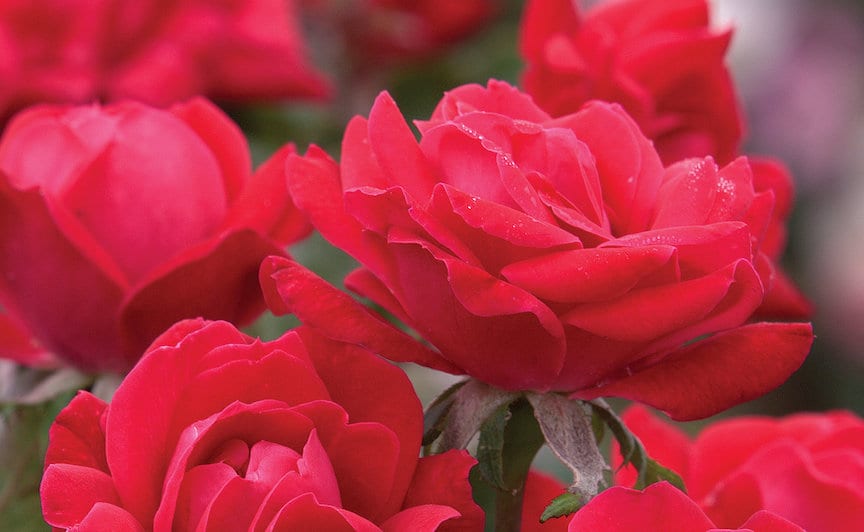
Gardening Green with Doug
Gardeners Get a Glimpse from Breeders at What Will Be Popular in 2021, Both New Varieties and Old
By Doug Oster
February 17, 2021
Gardeners are thrilled to learn about what’s new to grow each season, and breeders have spent the year toiling to perfect the latest introductions meant to captivate us.
Usually, it’s at the Mid-Atlantic Nursery Trade Show, held in Baltimore each January, where I discover these plants. Due to the pandemic, the event was held virtually, so I joined the Zoom call to hear about what’s going to be available this year.
Rick Watson, the owner and manager of The Perennial Farm, on 50 acres in Maryland, added 40 new plants for gardeners. But during the call, he mentioned how important it was not only to talk about the new but also varieties which gardeners have been drawn to for years.
With that in mind, I talked to him about the things he loves, that have been proven in gardens all over the country, as well as to get his thoughts about the latest varieties, too.
“As many new things as we introduce every year, we always seem to sell out of the tried-and-true items," he says. "And there’s a reason for that.”
It’s a combination of name recognition, the plant's ability to thrive in the landscape and do well in many different environments.
Watson chose Rudbeckia ‘Goldsturm’ as the first plant to discuss. This black-eyed Susan is an indestructible, long-blooming colorful perennial for full sun.
Salvia ‘May Night’ was the 1997 Perennial Plant of the Year, but even after all that time, it’s still highly regarded by Watson.
“It’s a great plant,” he remarks. “It blooms a long time and can handle a lot of adversities, too. When it’s done blooming you can cut it back and it will re-bloom again.” Like most salvias, it’s also deer resistant.
Even though Salvia ‘Rose Marvel’ isn’t brand new (introduced a few years ago), Watson loves the plant. “The flowers are dark pink, fading to light pink,” he says. Although deadheading improves the look of the plant, it’s not necessary. This long bloomer also has a cousin named ‘Blue Marvel’ which is also high on his list.
When Watson discusses Heuchera ‘Caramel,’ he says he's thrilled with the look of the leaves of this part sun perennial. “I love the color, I love the durability of the plant. The blooms aren’t anything to write home about, but the foliage is tremendous.”
‘Carnival Peach Parfait’ is also a type of coral bell and is brand new. It sports ruffled peachy orange leaves with darker reddish veins. It stands up to summer heat and produces white flowers in the summer.
Watson has spent most of his life in the business and has a passion for what he does.
“It started when I worked at my dad’s garden center, and I still like working with plants,” he said proudly. Now his own children are helping in the operation. “They are going to take it to the next level,” Watson added.
Watson’s experience with plants over the decades allows him to recommend certain cultivars over others. Even though Coreopsis ‘Moonbeam’ is a popular variety of the sun-loving plant, he prefers ‘Zagreb’ for its vigor and toughness.
Another new introduction is an interesting dwarf, late-blooming perennial sunflower. Helianthus ‘Low Down’ (Willow-Leaved Sunflower) is a non-invasive member of the genus which is clumplike and filled with luminescent yellow flowers at the end of the gardening season. The stems only get a little taller than a foot and spread about three feet.
The farm offers many different, beautiful hellebores too. The newest is from the Frostkiss series, named ‘Bayli’s Blush.’ Hellebores bloom around the same time as crocus, will grow in shade to part sun and are deer-resistant. This one has lavender and creamy white flowers that last for a long time over the dark green foliage.
When asked about all the plants he’s seen come and go through the trade since he opened the business in 1981, Watson paused and added with a chuckle, “In my business, I’m supposed to love them all. I’ve always enjoyed growing plants,” he added.
The Perennial farm has many innovative collections including the Deer-Leerious plant group which rates the deer resistance of the plants being offered. The farm also has a wide selection of interesting natives, too.
“Native plants tend to be better pollinator plants,” he says. With the issues we’re having with bees these days, I think that’s something worth saying.”
Leah Palmer grew up near Longwood Gardens, one of the finest public gardens in the world. In fact, her husband even proposed to her in the gardens.
“That garden has a very special place in my heart," she says.
Time at Longwood and gardening has helped lead her to Star Roses and Plants, where she is public relations and social media manager. She didn’t miss a beat when asked about successful plants the company has released over the years.
“The tried and true for us is definitely the Knock Out family of roses." Introduced in 2000, as a long-blooming rose anyone could grow, it didn’t take long until the plant flourished around the country. “They're are so easy to grow, they are reliable, they bloom all season long and they are self-cleaning,” she says. “We knew this rose was going to be something great.”
The number of colors available has increased to 11, and when pressed to pick a favorite, it took only a couple of seconds for her to choose ‘Double Knock Out.’
“That one is a classic,” she says. “It’s beautiful and has full double pink flowers.”
The new release for the series is ‘Petite Knock Out,’ which only grows 18 inches tall.
“This is the first-ever miniature Knock Out rose added," she says with pride. “It has all the great qualities as the other roses in the Knock Out family.” There’s also a version in a tree form, that would add color to any container for most of the summer.
Second to the Knock Out in rose popularity are the company’s drift roses. Smaller than the traditional Knock Out roses, they grow more like a slow-spreading ground cover.
Plant breeder extraordinaire Will Radler, who created the Knock Out collection, has introduced ‘Sitting Pretty’ with Star Roses. “It’s early-flowering, blooms for a long time and has a noticeable and consistent damask fragrance," Palmer says. The double bright pink traditional flowers are grown on a shrub-like plant with a three-to-four-foot spread.
The National Garden Bureau has declared 2021 as the Year of the Hardy Hibiscus and Star Roses had released a ‘Head Over Heals’ collection of perennial hibiscuses with huge 10-to-12-inch flowers. “They are like dinner plates," says Palmer. They stay small, three feet tall and will spread about four feet.
There are a series of compact plants that produce fruit called Bushel and Berry, that Star Roses and Plants offer. There are 10 different varieties of blueberries — each one with a different taste and look. Bushel and Berry offer many other types of fruit also.
Since many will be grown in containers, they are also bred for their beauty.
“They are ornamental,” Palmer says of the blueberries. “Each one has different foliage. Once they are done fruiting, they are going to look great in the garden.”
The latest additions are three different strawberries. ‘Rosy Belle,’ ‘Scarlet Belle’ and ‘Snowy Belle’ — each flower in a different color are everbearing, producing extra sweet berries all summer long.
Palmer’s enthusiasm for her job is evident while relating both the new introductions and old favorites, too.
“I’ve just always loved plants," she says. "Gardening makes me happy.”
Resources:
The Perennial Farm
Star Roses and Plants
Perennial Farm plants are available locally at Chapons Greenhouse, Soergels Greenhouses and Garden Center, Trax Farms, C&A trees, Jim Jenkins Lawn and Garden Center, Plumline Nursery, Bedner’s Farm and Greenhouse, Grandview Nurseries, Brenckles Greenhouses and Phelps Nurseries.
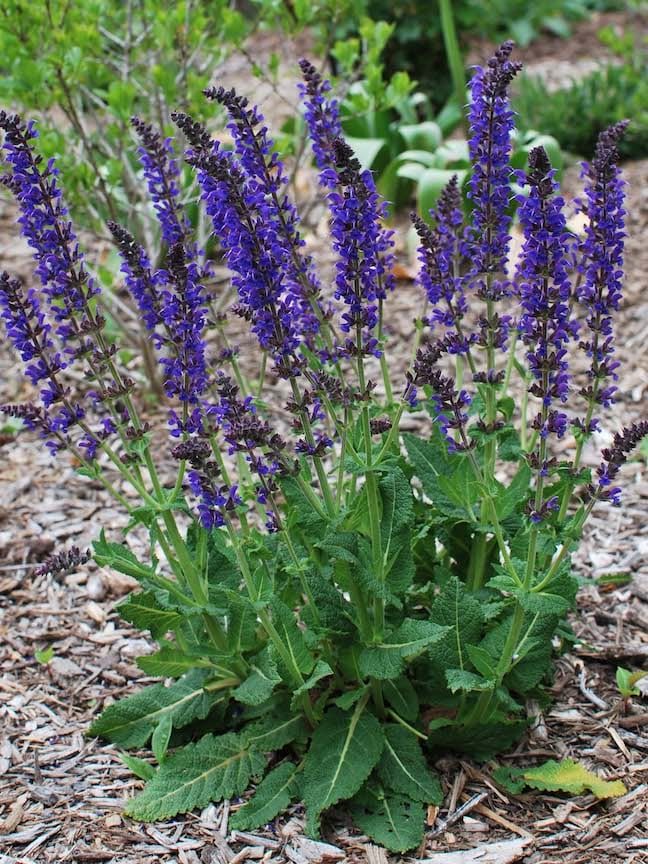
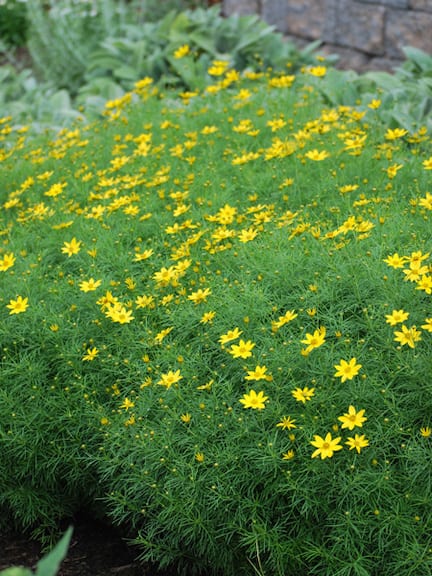
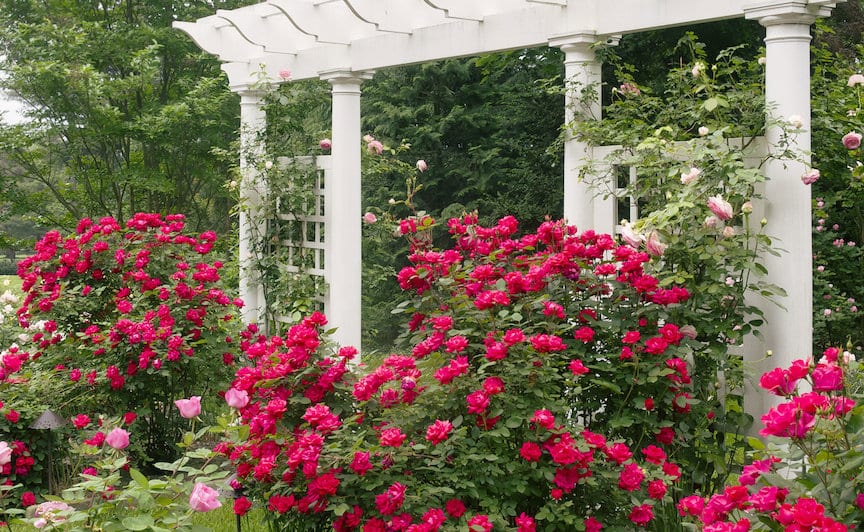

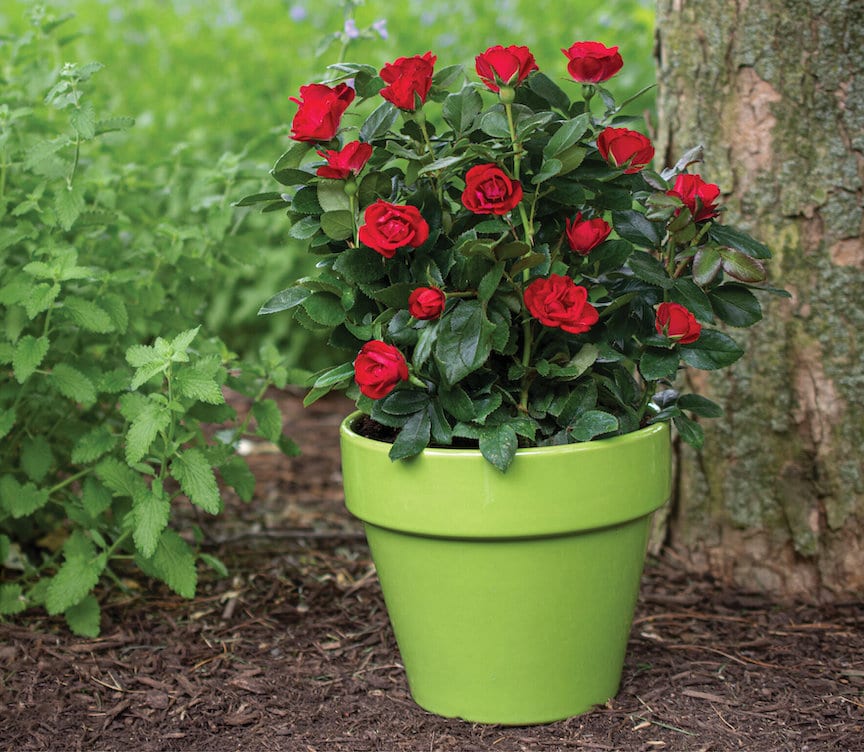
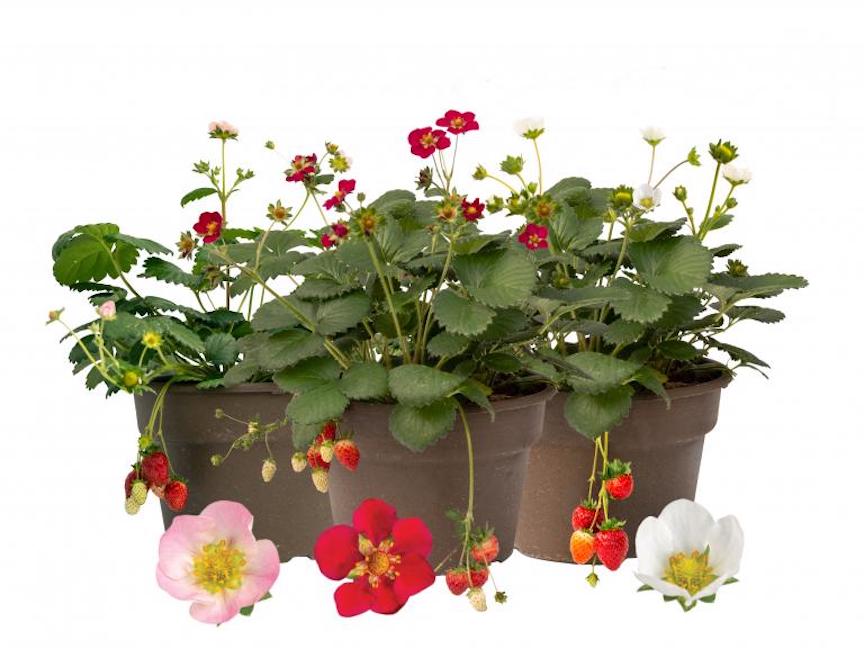
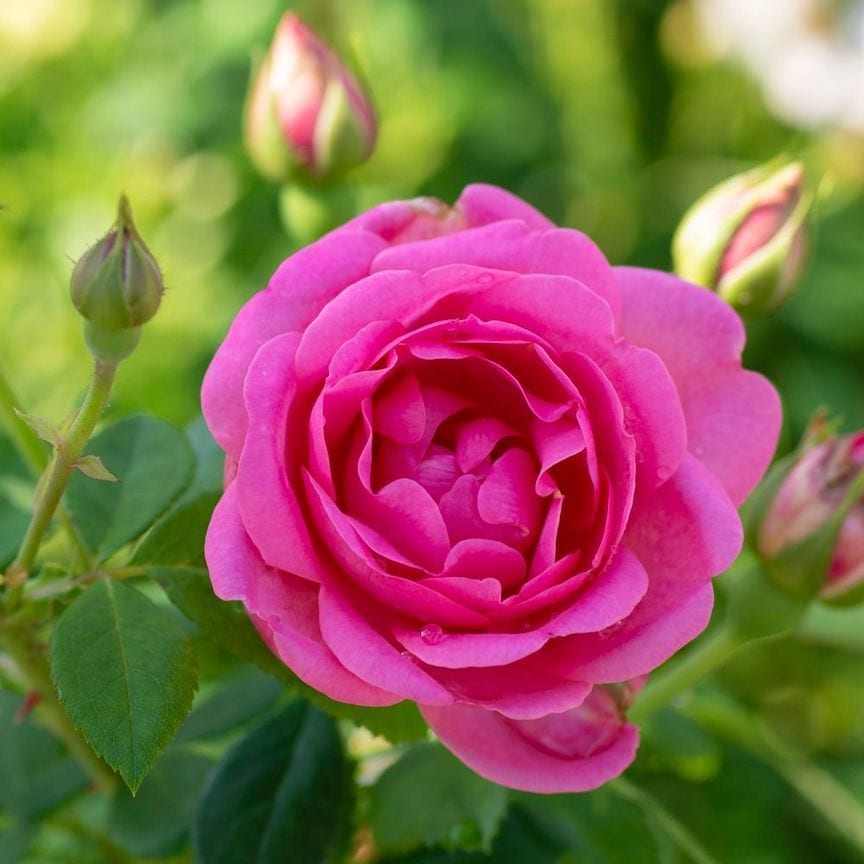

[…] Tried and true plants along with new introductions. […]